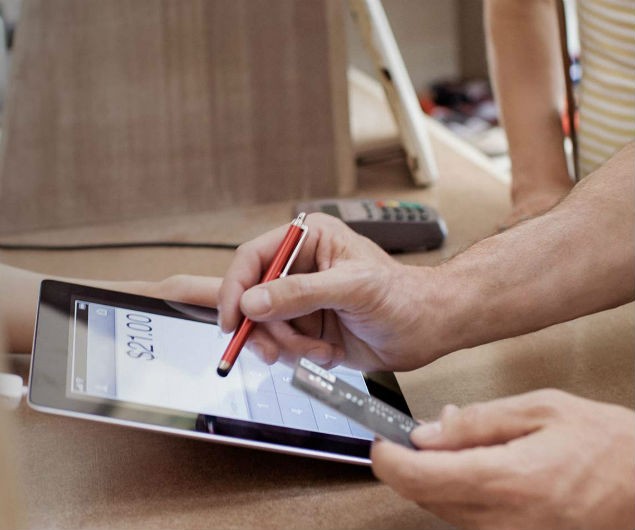Retail Apocalypse? We don’t think so.
Published: Jan 10, 2019
If you keep your ear to the ground in the retail space, you’ll probably hear a rumble of concern about the state of the industry and more than a few dire forecasts about online shopping trends and vanishing logos. Despite a wave of store closures and numerous reports of a “retail apocalypse,” the business reality shaping the future of retail is telling a different story.
The most encouraging indicator is that consumer spending is increasing. The economy is rebounding, and while that can change on a dime, at least for the foreseeable future, people are still eagerly pumping money into the retail market.
While not everything old is new again, it’s evident that people continue to seek out both familiar and differentiated experiences on their path to purchase. Today’s retail industry outlook reflects that consumer shopping preferences and behaviors are not static; they change according to age, income, seasonality, and other demographic or retail trends. Among those preferring to shop in-store, the ability to interact with a product, the absence of shipping costs, and the opportunity to find inspiration top the list of factors driving this preference.
The retail industry is undergoing an unquestionable cultural churn. Metamorphosis, not demise, is the unfolding reality. The digitally enabled shopper wants multichannel access, convenience, and personalization. Supply chain evolution is redefining inventory management, fulfillment and delivery. And of course, the shadow of Amazon looms large over the industry, challenging retailers to compete for online audience and create compelling in-store experiences.
These realities have forced the industry into a cocoon of digital transformation, and the potential butterfly that will emerge from that effort will likely represent a model for retail that is wholly different from any before it. A zealous focus on supply chain and customer experience innovation will propel the retail industry into the future.
Technology will build the inarguable bridge to that retail future. But as we’ve seen in just about every other industry, knee-jerk-reaction technology adoption will only make that transformation more complex. And simply optimizing value chains to drive out incremental costs will fall short of what the future will demand.
The right roadmap for re-architecting infrastructure coupled with purposeful adoption of advanced technologies and right-fit capabilities will enable retailers to innovate, grow, and stay competitive.
Digital demand-and-supply networks can shorten timeframes and reduce costs for at-home and in-store deliveries. Augmented/virtual reality can help retailers deliver an “endless aisle” reality and draw shoppers into more immersive, personalized experiences, both in store and online. Consumers have been conditioned to expect fast, convenient, and effortless consumption. Speed, price, location, and quality are key. The response will be up to the retailers.
Retail transformation for today and tomorrow.
Retail businesses need to transform networks, virtualize operations, and integrate solutions that enable a robust, omnichannel customer experience. They also need to drive efficiencies through a digital supply chain, increase on-time deliveries, track and manage product, deploy digital and mobile marketing solutions, and position the right security solutions to safeguard key transaction data.
Retailers need to stay ready to serve their customers by being:
- Ready for agility with the speed and greater bandwidth from agile network transformation.
- Ready for the unexpected with intelligent risk insights and cybersecurity solutions to protect customer data.
- Ready for growth by leveraging digital consumer data to create new marketing campaigns and audience-reaching technologies that drive brand visibility.
- Ready for engagement with predictive, personalized customer experience solutions that build customer loyalty.
Verizon is focused on infrastructure transformation and technology integration that addresses key challenges in the retail sector. After all, we run our own retail business, so we understand the challenges and have the right expertise to support retail companies toward these goals.
Learn how Verizon can help you with your retail transformation.
